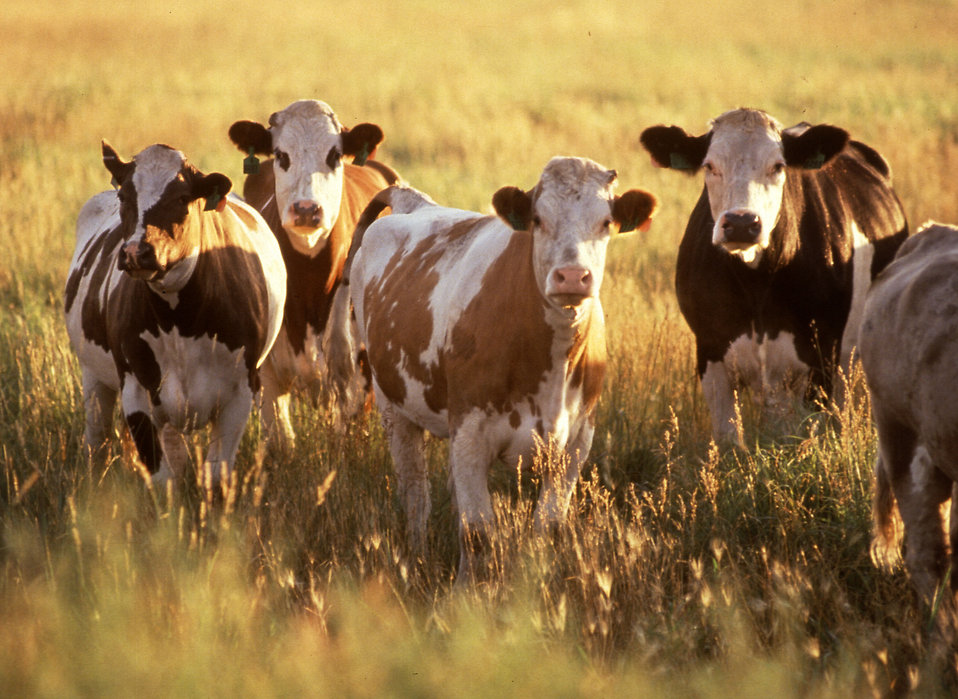HOT AIR TAX?

In looking to offset carbon emissions as a way to address climate change, EU countries have opened the door to taxing meat. That’s troubling because it’s based on dubious data and because of the impact it would have, if implemented, on global food prices.
At a climate summit last November in Bonn, Germany, signatory nations to the Paris climate accord heard a pitch for such a levy from the Farm Animal Investment Risk & Return (FAIRR), an initiative to “alert investors to the significant material impacts that factory farming could have on their portfolio.” FAIRR also tries to get investors to pressure food companies to outlaw certain practices and curtail antibiotics use in livestock production.
The organization claims cows and pigs are a major source of climate change, accounting for 14.5 percent of greenhouse gases, and that most of those come from the United States, Australia, Germany and the U.K.
But the U.S. Environmental Protection Agency estimates all of American agriculture accounts for only 9 percent of such gases, and U.S. livestock makes up just a third of that. (That’s because our production systems are much more sustainable than the EU’s.)
FAIRR apparently convinced Denmark, Germany and Sweden, which now are considering a meat tax on their consumers as a way to reduce meat consumption and, thus, decrease methane and other greenhouses gases from livestock operations.
Of course, all this bloviating comes at a time when food production will need to increase by 70 percent to feed a world population that’s expected to grow 34 percent by 2050, according to the U.N.’s Food and Agriculture Organization.
Rather than a tax on meat, HOTH suggests maybe one could be imposed on the hot air emanating from Europe’s capitals.